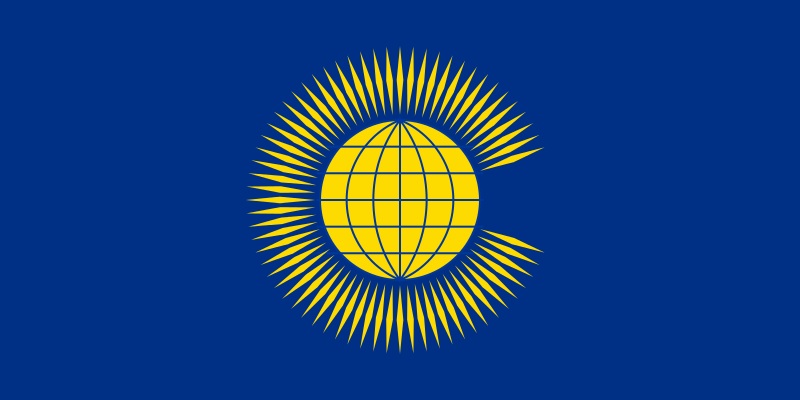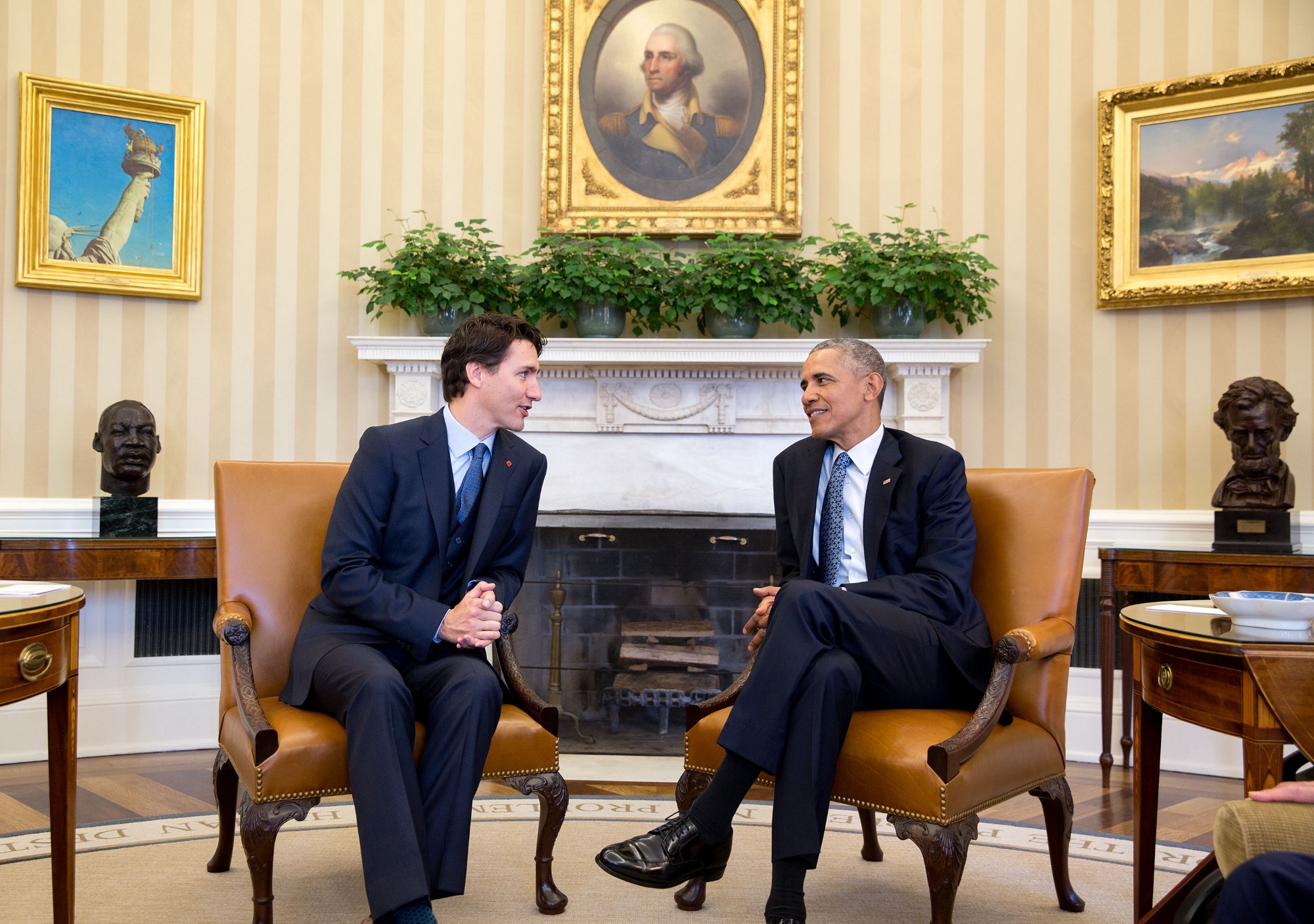Since Russia’s annexation of Crimea in early 2014, Putin has been waging a hybrid war on Europe’s eastern flank. This has left NATO members and neutral countries alike increasingly concerned about the security risks posed by a truculent and provocative Russia.
These security risks come in the shape not only of conventional military aggression, but also in the form of ‘soft’ nonconventional tactics. Some of the tactics employed by the Kremlin include a powerful campaign of disinformation designed to undermine public confidence in Western institutions, cyberattacks on various European government ministries, and financial support to extreme left and right-wing political parties in Europe.
In its flirtation with Euroskeptic, nationalist parties, which have been steadily gaining momentum since the 2008 financial crisis, the Kremlin has created a web of allies in the heart of Europe who legitimize Russia’s foreign policy abroad. Public statements praising Putin have become commonplace from far-right leaders like the National Front’s Marine Le Pen, UKIP’s Nigel Farage, and Jobbik’s Gabor Vona. NATO is aware of the challenges it faces in effectively responding to these disruptive tactics: Anders Fogh Rasmussen, NATO’s former Secretary General, has stressed that the Alliance needs to evolve to deal with these attempts to erode trust from within. As it is, the anti-establishment message of these parties has proven extremely effective in feeding public disillusionment with parliaments, financial institutions, courts, and the political elite. Their alliance with Russia threatens to undermine both the EU’s and NATO’s ability to effectively respond to today’s security challenges.
Among the growing cohort of far-right and far-left parties in Europe cultivating relationships with Russia include parties in France, Hungary, Bulgaria, Greece, Italy, the Czech Republic, the Netherlands, and Austria. In November 2014, France’s National Front (FN) recieved a €9 million loan from the First Czech Russian Bank, which has close ties with the Kremlin. Such a loan is crucial in funding the FN’s political campaigns, as French banks refuse to lend money to the radical party. Marine Le Pen has repeatedly voiced admiration for Putin as a ‘true patriot’ and ‘defender of European values’, and has been a regular visitor to Moscow.
In addition to funding the National Front, Russia is also believed to provide financial support to Italy’s Legal Nord, Jobbik in Hungary, and Golden Dawn in Greece. By request of the US Congress, US Director of National Intelligence, James Clapper, is currently leading an investigation into Russia’s funding of European political parties.
What draws these unlikely allies together? The courtship between Russia and Europe’s fringe parties can be understood both through an ideological and a strategic lens. Both intensely dislike the EU integration project; have an ethno-nationalist conception of citizenship and statehood; and have socially conservative views on topics concerning LGBTQ rights, religion, and family structure. Hungary’s President Viktor Orban, for example, styles himself as the defender of Christian Europe on a continent he considers threatened by multiculturalism and Muslim immigration. Putin, similarly, likes to present Russia, the largest Orthodox nation in the world, as “the international protector of Orthodoxy” in the face of decadent Western liberalism. This has lent him significant appeal in Orthodox Greece and Bulgaria. Many far-right leaders in Europe praise Putin’s uncompromising leadership style while criticizing the EU’s for being, in Le Pen’s words, an “anti-democratic monster.”
Beyond ideological congruence, however, lies the fact that such an alliance gives Russia valuable leverage in Brussels. Through its cooperation with radical left and right-wing parties in Europe, Russia is able to exert a degree of control over decision-making in the European Parliament , which has had 25% of seats occupied by members of the extreme left and right since 2014. The casual courting of figures like Marine Le Pen, Orban, and Farage ensures that a significant fraction of parliamentarians vote against or abstain in resolutions concerning Russia and Ukraine.
This is a phenomenon that has been noted in three different European Parliament groups: the far-right faction Europe of Nations and Freedom (ENF) led by Marine Le Pen, Farage’s Europe of Freedom and Direct Democracy (EFDD), and the European United Left – Nordic Green Left (GUE-NGL) — all of which are Eurosceptic and to some degree pro-Russian. The majority of parliamentarians in this group have voted ‘no’ in resolutions condemning Russia’s “deliberate actions aimed at destabilizing its neighbours”, concerning economic sanctions on Russia, concerning the authorization of financial assistance to Ukraine, concerning European energy dependence on Russia, and concerning the Kremlin’s role in the murder of Russian opposition leader Boris Nemtsov. The ENF group has voted on resolutions related to Russia in the Kremlin’s interest a staggering 93% of the time, while the EFDD has voted in favour of Russia 67% of the time, and the GUE-NGL 78% of the time.
While one should be careful not to lump Euroskeptic and pro-Russian tendencies together as one and the same phenomenon — not every party that is anti-EU is pro-Russian — today’s policymakers should nevertheless treat Russia’s courtship of various European anti-establishment political parties with the utmost seriousness. The nationalist fire that is currently ablaze in Europe threatens the very essence of the European project, which is built on the idea of open societies; economic and political interdependence; and the triumph of pluralism over authoritarianism. Russia’s successful exploitation of Europe’s political vulnerability adds fuel to the fire and threatens to undermine NATO’s ability to effectively counter Russia’s revisionist actions in Eastern Europe. With the 2008 financial crisis and the ongoing refugee crisis profoundly shaking the public’s trust in the European project, NATO and the EU alike must explore new, innovative ways to combat Russia’s efforts to sow disunity in Europe.
Photo: Vladimir Putin (2015). Courtesy of en.kremlin.ru.
Disclaimer: Any views or opinions expressed in articles are solely those of the authors and do not necessarily represent the views of the NATO Association of Canada.




